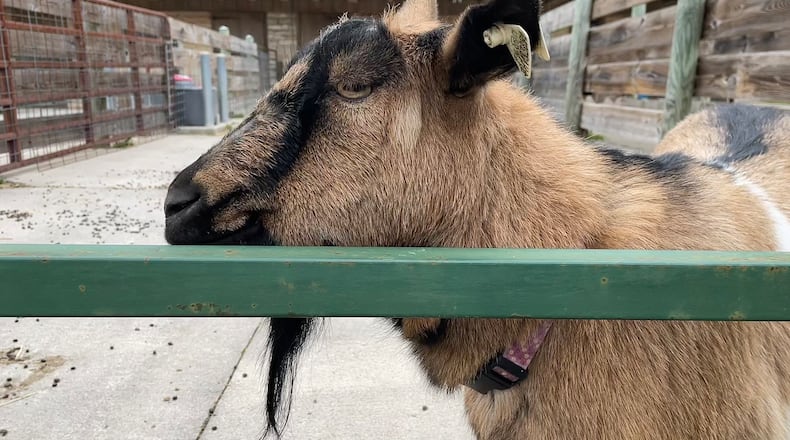@daytondotcom Our reporter @Natalie_Reports talked to Aullwood Audobon manager of public events about how animals react to solar eclipses 🐴 #daytonoh #daytonohio #animals #solareclipse #solareclipse2024 ♬ Wes Anderson-esque Cute Acoustic - Kenji Ueda
“There has been some research,” said Wiedorn. “The big things that you will see is that day time animals will sort of react as if it was dusk. There have been reports of farm animals going back to their barns.”
She was expecting that birds might go back to roost.
“Turkey vultures usually roost at night,” Wiedorn said.
And nighttime animals like owls may start to wake up and become active.
One observation at Aullwood during the totality was that several different types of birds that had been chirping fell quiet. Once it felt like dawn or dusk, the amount of chirps decreased and there were a few distinctive birds making sounds.
Videos during totality showed birds there flying closer to the ground.
After the eclipse, all animals on the farm seemed to be in their regular routine. Wiedorn said some animals have more accurate internal clocks than others, so some might not realize that it’s the middle of the day.
Also in Ohio, the Columbus Zoo and The Ohio State University worked together to see how animals would react. The biggest reactions came from the zoo’s ostriches and elephants, according to reports.
The ostriches went into their barns and began prepping themselves for sleep, but as soon as the sun was bright again they returned outside. Elephants were thumping their trunks on the ground.
In Texas, observers at a zoo in Fort Worth noted that during the eclipse totality the flamingos huddled at the entrance of their den, and a gorilla was seen yawning more frequently.
@daytondotcom Our reporter @Natalie_Reports watched the total solar eclipse at Aullwood Audobon near Dayton today #daytonoh #daytonohio #solareclipse #solareclipse2024 ♬ original sound - will paquin
About the Author

